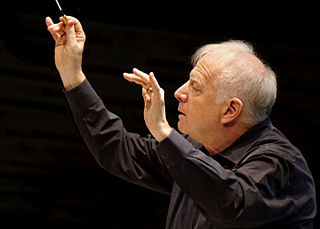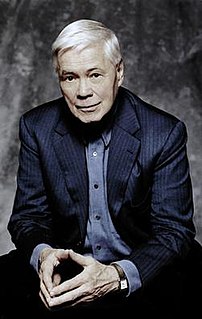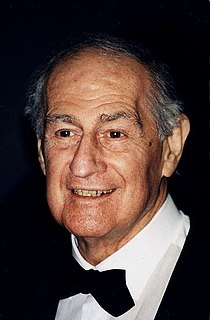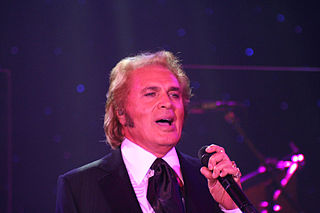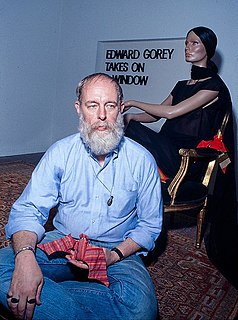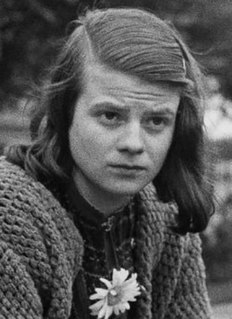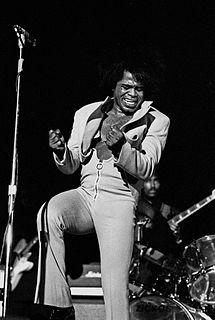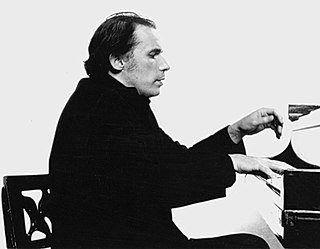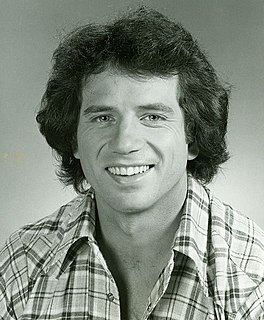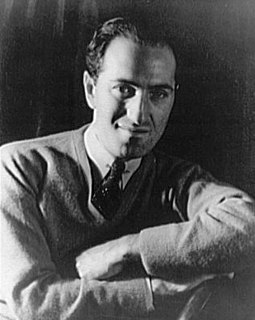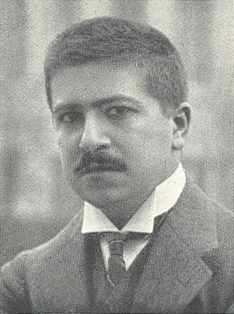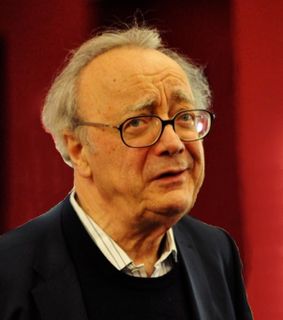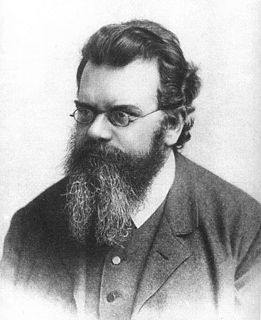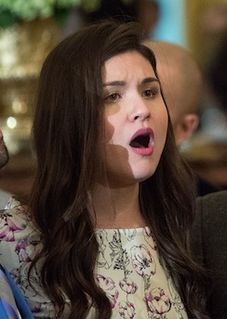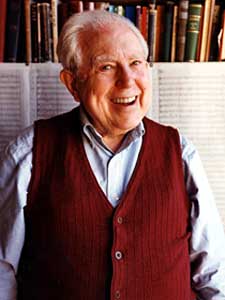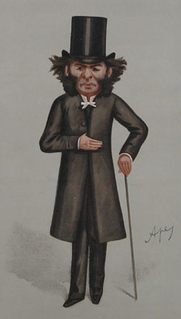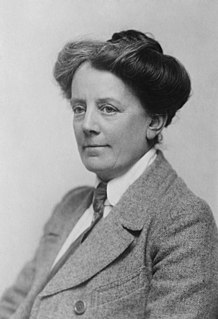Top 50 Schubert Quotes & Sayings
Explore popular Schubert quotes.
Last updated on April 22, 2025.
If you're doing nonsense it has to be rather awful, because there'd be no point. I'm trying to think if there's sunny nonsense. Sunny, funny nonsense for children — oh, how boring, boring, boring. As Schubert said, there is no happy music. And that's true, there really isn't. And there's probably no happy nonsense, either.
Salieri was a pupil of Gluck. He was born in Italy in 1750 and died in Vienna in 1825. He left Italy when he was 16 and spent most of his life in Vienna. He's the key composer between classic music and romantic music. Beethoven was the beginning of romantic music, and he was the teacher of Beethoven and Schubert.
I've just been playing the Trout Quintet on the phonograph. Listening to the andantino makes me want to be a trout myself. You can't help rejoicing and laughing, however moved or sad you feel, when you see the springtime clouds in the sky, the budding branches, moved by the wind, in the bright early sunlight. I'm really looking forward to the spring again. In that piece of Schubert's you can positively feel and smell the breeze and hear the birds and the whole of creation shouting for joy.
I planted some jokes in my wedding. Like, the organizers asked me to select music. So when I approached wife at the ceremony, they played the second movement from Shostakovich's 10th Symphony, which is usually known as the "portrait of Stalin." And then when we embraced, the music that they played was Schubert's "Death and the Maiden." I enjoyed this in a childish way! But marriage was all a nightmare and so on and so on.
That's why I like listening to Schubert while I'm driving. Like I said, it's because all his performances are imperfect. A dense, artistic kind of imperfection stimulates your consciousness, keeps you alert. If I listen to some utterly perfect performance of an utterly perfect piece while I'm driving, I might want to close my eyes and die right then and there. But listening to the D major, I can feel the limits of what humans are capable of - that a certain type of perfection can only be realized through a limitless accumulation of the imperfect. And personally I find that encouraging.
I bring my classical training - some of it, but not all of it - and also my background and culture, to spirituals. And I try to leave room for that unpredictable factor, where the feeling of the song is allowed to come through. The same ethos can be applied to singing Mozart, or Schubert, or Bach. It's not just about what's on the page.
In his larger forms, Schubert is a wanderer. He likes to move at the edge of the precipice, and does so with the assurance of a sleepwalker. To wander is the Romantic condition; one yields to it enraptured, or is driven and plagued by the terror of finding no escape. More often than not, happiness is but the surface of despair.
When people listen to my music, I hope that they will notice that if you take a piece by a composer like Schubert, the major and the minor triad is an extermely important thing not merely as harmony, but in creating melodic lines. Schubert is always walking up and down with arpeggios on C, E, G and so forth. I am not doing anything different really, except using a different system of harmony.
I consider the first 20 performances just learning the piece. Think about it this way: If you think about a pianist who plays a Schubert sonata through his whole lifetime - if you listen to Rubenstein or Horowitz playing their repertoire later in their life, you understand the richness with which they play that music, and how differently they must have played it when they were younger.
A culture that gave the world the spiritual creations of the Classical Music of Mozart, Beethoven, Wagner and Schubert, the paintings of Michelangelo, and Raphael, Da Vinci and Rembrandt, does not need lessons from societies whose idea of spirituality is a heaven peopled with female virgins for the use of men, whose idea of heaven resembles a cosmic brothel.
the writer must resist this temptation [to quote] and do his best with his own tools. It would be most convenient for us musicians if, arrived at a given emotional crisis in our work, we could simply stick in a few bars of Brahms or Schubert. Indeed many composers have no hesitation in so doing. But I have never heard the practice defended; possibly because that hideous symbol of petty larceny, the inverted comma, cannot well be worked into a musical score.
As to...old composers like Schubert or Beethoven, I imagine that, while modern music expresses both feeling, thought and imagination, they expressed pure feeling. And you know all day sitting at work, eating, walking, etc., you have hundreds of feelings that can't be put into words. And that is why I think that in a sense music is the highest of the arts, because it really begins where the others leave off.


